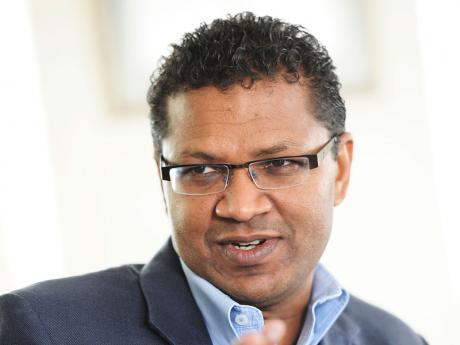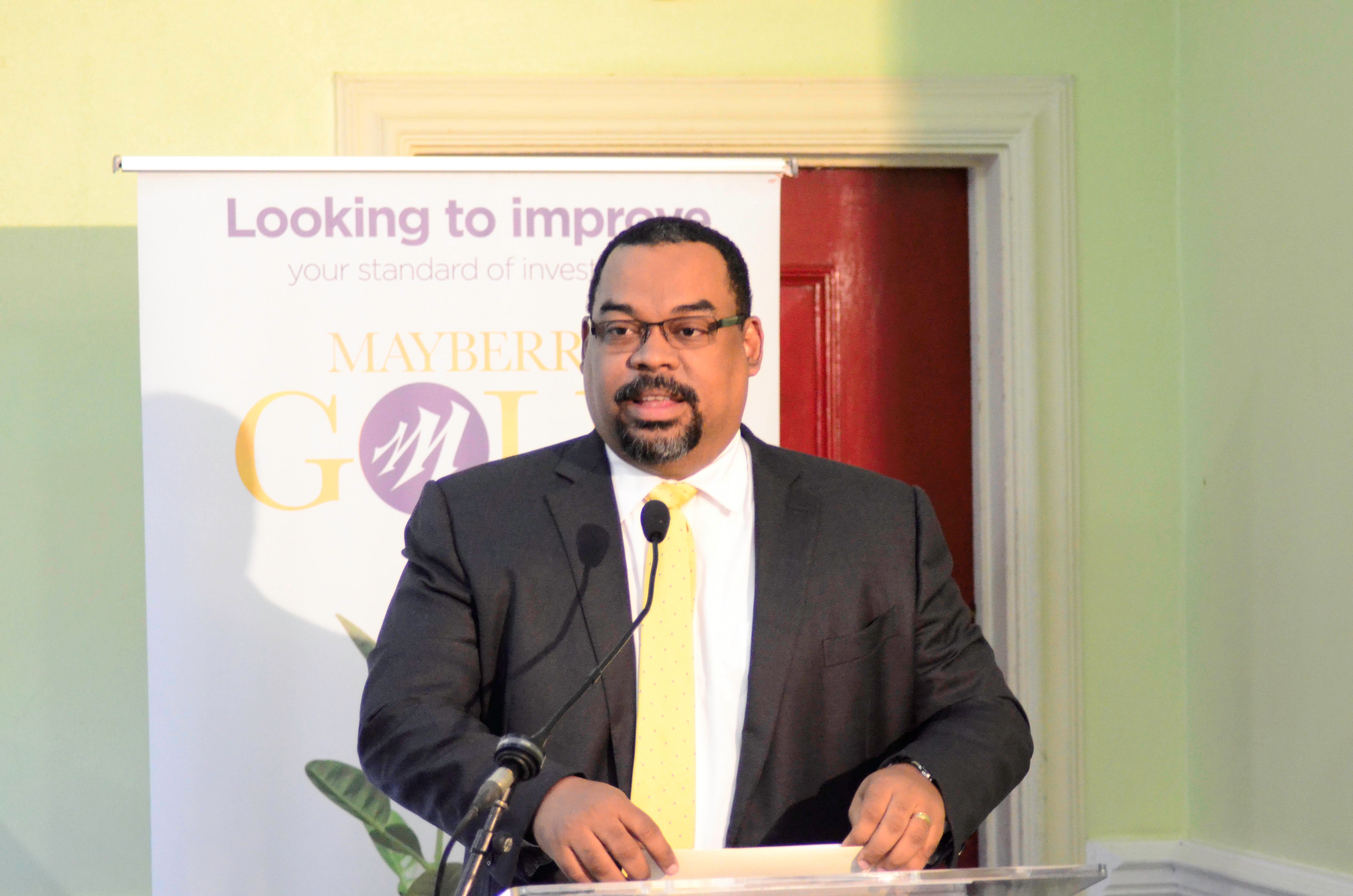So, much has been accomplished. Of that, there is little doubt. Having said that, the stark reality is that at the dusk of half a century of nationhood, the small states of the Caribbean appear no less vulnerable, either individually or taken as a collective, than we were at the start of the journey. Indeed, when compared to the global context of fifty years ago, today’s world comprises infinitely more insidious channels through which vulnerability is exacerbated instead of mitigated. What we have not managed to accomplish after fifty years is to lift ourselves beyond the pale of existentially threatening exposure, whether it be to the spectre of climate change or to the vicissitudinous global economy.
Our exposure to the forces of nature has been amply illustrated over the years, with increasingly volatile, unpredictable, and intense weather along with rising sea levels combining to threaten our very existence in some cases and our entire infrastructural and productive base in others. Some of the Caribbean islands and low lying coastal plains will literally disappear under the sea with the most minimal of sea level rises, while others amongst us can have our entire economy decimated by a single severe hurricane.
At the same time, our exposure to the increasingly unpredictable external environment is stark, with the global and hemispheric economy more integrated and interconnected than at any previous time in history. The risks arising from low and unpredictable external demand for service products such as our tourism and volatile imported and exported commodity prices, along with contracting foreign direct investment, official development assistance, and diasporic remittances, conspire to create conditions of extreme unhelpfulness.
Meanwhile, our Region’s economic performance has been mixed. The dichotomy between the commodity producers and the service providers amongst us has become more evident and has brought into sharper focus the problematic under-diversification and mono-sectoral dominance persistent in so many of our economies. The result has been retarded growth, fiscal stress, and unsustainable debt.
That is where we are today, fifty years on, at a place where in some instances the very viability of the vulnerable small state of the Caribbean appears under threat. Starting from the premise that this viability is for us non-negotiable, an eminently reasonable premise given the fervour we attach to our independence, the question that inevitably arises is one of defining the interventions that are needed now to attain and secure this viability. In essence, what must we do now to ensure that the vulnerable small state of the Caribbean becomes or, as the case might be, remains a viable entity and, beyond viability, to ensure that it achieves the real and lasting prosperity that its people have anxiously awaited for such a long time? This is the question that must preoccupy the minds and efforts of the intellectual and political leadership of the Region and to which an answer is urgently needed.
Without wishing to create any appearance of preempting the outcome of that effort and, even as we address our minds to finding the answer to that admittedly sweeping and long-vexing question, there are certain evident realities that demand immediate action.
Firstly, the onset and onslaught of time seem to have brought with them a fading of our conviction on the validity of the single Caribbean identity and the value of Caribbean oneness. Regionalist fervour is being supplanted by parochialist caution, openness by inwardness, competition by protectionism, ideological passion by myopic opportunism. We in the Region seem to be happier contesting against and amongst each other, than contesting together against the rest of the world. Whether the latter is a sign of our times or the zone of greater comfort for us, the inevitable consequence is suboptimal productivity and competitiveness, and the unavoidable victim is the Caribbean citizen, no matter how unbeknownst to him for the time being. We need to work more urgently and concertedly to restore faith in regionalism, pride in regional identity, and enthusiasm for the regional enterprise.
Secondly, I remain convinced that there is no more effective way to achieve this than by demonstrated and demonstrable practical successes in the integration effort, not within the corridors of the regional bureaucracy but in the streets and markets where people’s lives are more immediately touched. The Barbadian company that raises financing in Trinidad, invests in large scale agriculture in Guyana, employs Guyanese workers and grows produce for export back to Barbados and the Eastern Caribbean is regional integration illustrated. The Guyanese manufacturer that establishes a distributorship in Trinidad and Suriname, creates jobs and finds ready markets for his competitively priced goods in those countries, is regional integration illustrated. We need more of these examples of the factors of production from across the Region harnessed for the regional good. There must therefore be renewed haste to remove all impediments to factor mobility across and within a truly single regional space.
Thirdly, certain priority projects for a more effective and competitive single regional space have been languishing for far too long, and must have restored to them the highest degree of urgency. Amongst these is the reduction of vulnerability to climate change, the achievement of greater food security in the Region, the achievement of greater energy security especially by harnessing clean and renewable sources, resolving critical gaps in transport and communications infrastructure, and addressing legislative, regulatory, and institutional impediments to intra-regional trade. Single minded focus must be placed on these long established priority projects if a more competitive regional economy is to be achieved in this generation.
Extract from an Address to the Opening Ceremony of the 44th Annual Meeting of the Board of Governors of the Caribbean Development Bank by
Dr. the Hon. Ashni K. Singh, M.P.,
Minister of Finance of Guyana, and Chairman of the Board of Governors
28th May 2014
Whither the Vulnerable Small State; Wherefore the Regional Development Bank

 Businessuite News24 International2 years ago
Businessuite News24 International2 years ago
 Feedback & What You Think2 years ago
Feedback & What You Think2 years ago
 Marketing & Advertising2 years ago
Marketing & Advertising2 years ago
 Businessuite Women1 year ago
Businessuite Women1 year ago
 Businessuite 50 Power and Influence1 year ago
Businessuite 50 Power and Influence1 year ago
 Leadership Conversations1 year ago
Leadership Conversations1 year ago
 Businessuite Markets2 years ago
Businessuite Markets2 years ago
 RANKING2 years ago
RANKING2 years ago







